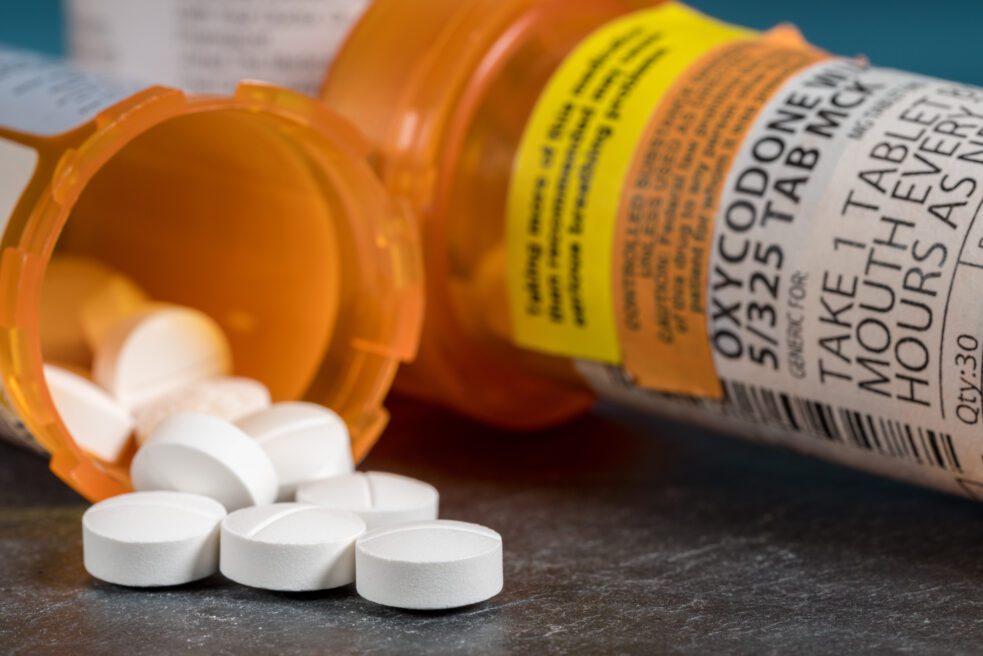Quick Hits: People who are hospitalized because of opioid-driven injuries are 4 times more likely to die than they were in 2000, a Harvard Medical School study reports. Researchers reviewed nationwide data and discovered that more than 35,000 people died from heroin and synthetic opioid overdoses in 2016. Furthermore, deaths in opioid-related hospitalizations increased from 0.43% before 2000 to 2.02% in 2014, the study found. Posted December 4, 2017. Via Harvard Medical School.
Quick Hits: Marijuana use may not aid patients in opioid addiction treatment, according to researchers from Washington State University College of Nursing. They found that frequent marijuana use may strengthen the link between pain and depression and anxiety. The study involved 150 patients who were being treated at an opioid treatment clinic, and about 67% of the clinic patients reported that they had used marijuana in the past month. Although the patients believed that marijuana eased their symptoms, the study found that it may have increased feelings of pain and emotional distress. Posted November 30, 2017. Via Washington State University.
Quick Hits: One in 6 patients with PAD who undergo revascularization readmitted within 30 days, according to a study by Smith Center for Outcomes Research in Cardiology at Beth Israel Deaconess Medical Center. They found that out of 62,000 hospitalizations nationwide, 1 out of 6 patients with peripheral vascular disease (PAD) — a disease that develops when arteries become clogged with plaque — who receive a revascularization procedure is readmitted within 30 days. Revascularization procedures restore blood flow to blocked leg arteries and other blood vessels. Additionally, roughly 8% of patients developed a bacterial infection of the bloodstream, and 7.5% of patients were readmitted as a result of problems related to diabetes, a common problem among patients with PAD. Posted December 4, 2017. Via Beth Israel Deaconess Medical Center.






